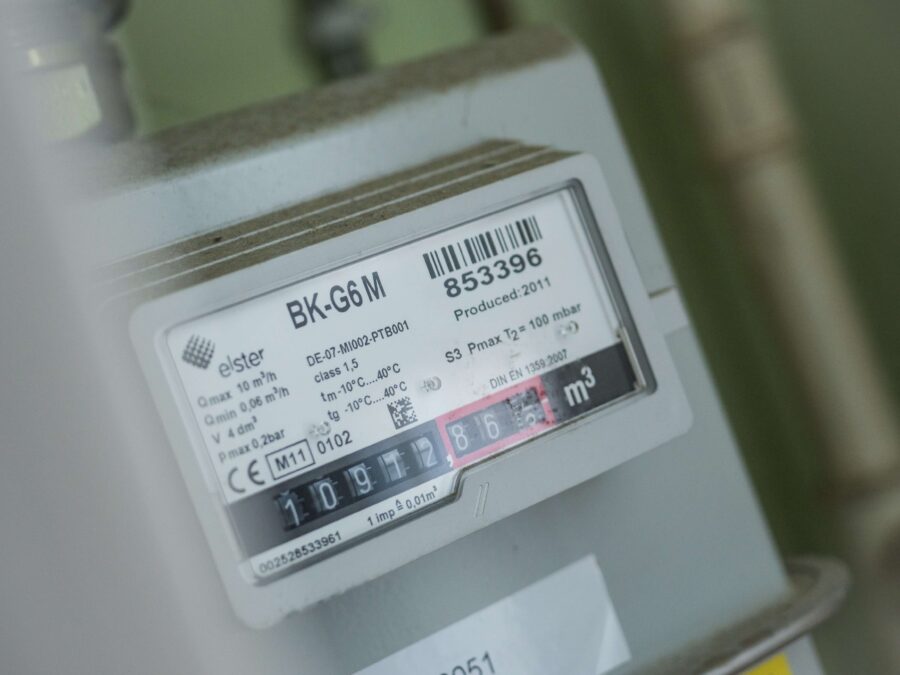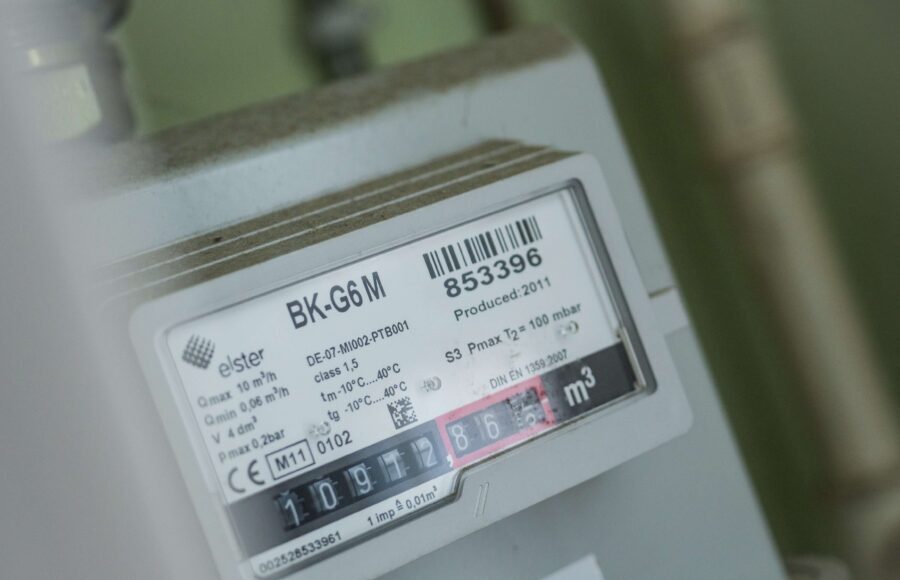How Solar Panels Can Reduce Your Energy Bills sets the stage for a fascinating exploration of how renewable energy sources can lead to significant savings on monthly expenses. With rising energy costs and growing concerns about environmental impact, many homeowners are turning to solar panels as a practical solution. This technology not only harnesses the sun’s power but also offers a way to combat rising utility bills while promoting sustainability.
Solar panels convert sunlight into electricity, providing a reliable source of energy that can significantly reduce your reliance on traditional power grids. As more homeowners invest in solar energy, they are discovering the long-term financial benefits and the positive impact on their carbon footprint. In this discussion, we will delve into how solar panels work, the potential cost savings, and the various incentives available for those considering this eco-friendly option.
In today’s fast-paced world, the demand for effective communication has never been more crucial. Whether you’re a professional navigating the complexities of office dynamics or a student engaging in collaborative projects, mastering the art of communication is essential. This article delves deep into the significance of effective communication, its various forms, and practical strategies to enhance your skills. ### The Importance of Effective CommunicationEffective communication is the cornerstone of successful relationships, both personal and professional.
It serves as the bedrock for teamwork, understanding, and relationship-building. When communication flows seamlessly, individuals and teams can work more efficiently, reducing misunderstandings and fostering a cooperative environment. Moreover, in a globalized world where teams often span across continents, the ability to communicate effectively transcends language barriers and cultural differences. Understanding nuances in communication can significantly enhance the quality of interactions.
### Types of CommunicationCommunication can be broadly categorized into several types, each serving unique functions and requiring distinct skills:#### 1. Verbal CommunicationVerbal communication involves the spoken word, whether in meetings, presentations, or casual conversations. It includes:
Face-to-Face Conversations
These are often the most effective form of communication as they allow for immediate feedback and the conveyance of emotions through body language and tone.
Public Speaking
This involves addressing larger groups, necessitating clarity, confidence, and engagement to capture the audience’s attention.
Telephone Conversations
While lacking visual cues, tone and inflection play a significant role in conveying messages over the phone.#### 2. Non-Verbal CommunicationNon-verbal communication comprises body language, gestures, facial expressions, and eye contact. It often conveys more than spoken words. For instance:
Body Language
Open body language can indicate receptiveness, while closed-off postures may suggest defensiveness or discomfort.
Facial Expressions
A smile can communicate friendliness, while a frown may denote disapproval.
Gestures
These can enhance what is being said. A thumbs-up can indicate approval, while crossed arms might suggest disagreement.#### 3. Written CommunicationWritten communication includes emails, reports, memos, and texts. It requires clear and concise language, as it often lacks the immediate feedback present in verbal communication. Here are some pointers for effective written communication:
Clarity
Use simple language and clear structure to convey your message effectively. Avoid jargon unless the audience is familiar with it.
Tone
The tone of written communication can vary widely based on context. Formal reports require a different tone than casual emails to friends or colleagues.
Proofreading
Always review your written communication for grammar and spelling errors. Mistakes can undermine your credibility.### Strategies to Enhance Communication SkillsImproving communication skills is an ongoing process, and there are several strategies you can implement:#### 1. Active ListeningActive listening is a crucial component of effective communication. It involves fully concentrating, understanding, responding, and remembering what is being said. Here are some tips to enhance your active listening skills:
Maintain Eye Contact
This shows the speaker that you are engaged and interested in what they are saying.
Avoid Interrupting
Allow the speaker to finish their thoughts before responding. This demonstrates respect for their viewpoint.
Reflect and Clarify
Paraphrase what the speaker has said to ensure you understand their message correctly.#### 2. EmpathyEmpathy in communication involves understanding and sharing the feelings of others. It helps build rapport and strengthens relationships. To practice empathy:
Put Yourself in Others’ Shoes
Try to understand the situation from the other person’s perspective. This can lead to more compassionate responses.
Acknowledge Feelings
Validate the emotions of others by acknowledging what they are feeling without judgment.#### 3. ConfidenceConfidence plays a pivotal role in how your message is received. When you communicate with confidence, others are more likely to trust and follow your lead. To build confidence:
Know Your Topic
The more knowledgeable you are about a subject, the more confident you’ll feel discussing it.
Practice
Rehearse your speech or presentation multiple times to feel more comfortable when the time comes.
Use Positive Body Language
Stand tall, make eye contact, and use open gestures to project confidence.#### 4. AdaptabilityBeing adaptable in your communication style is essential, especially when interacting with diverse audiences. Different people have varied communication preferences. Here’s how to be adaptable:
Pay Attention to Cues
Observe how others communicate and adjust your style accordingly. If someone prefers direct communication, mirror that approach.
Be Open to Feedback
Accept constructive criticism about your communication methods. This can help you identify areas for improvement.### Overcoming Communication BarriersDespite the best intentions, barriers can hinder effective communication. Here are some common barriers and strategies to overcome them:#### 1. Language BarriersIn multicultural environments, language differences can lead to misunderstandings. To bridge these gaps:
Simplify Your Language
Use clear and straightforward language. Avoid idioms and complex terms that may not translate well.
Use Visual Aids
Charts, graphs, and images can help convey your message more effectively to those who might struggle with language comprehension.#### 2. Emotional BarriersEmotions can cloud judgment and affect communication. To mitigate emotional barriers:
Stay Calm
If discussions become heated, take a moment to breathe and collect your thoughts before responding.

Focus on Solutions
Redirect conversations towards finding solutions rather than dwelling on problems.### ConclusionEffective communication is an invaluable skill that enhances personal and professional relationships. By understanding the various types of communication and implementing strategies to improve your skills, you can navigate complex interactions more successfully. Remember, communication is not just about speaking or writing; it’s about connecting with others in a meaningful way.
As you hone your skills, you’ll find that your ability to engage with others improves, leading to better collaboration and deeper relationships.
Answers to Common Questions: How Solar Panels Can Reduce Your Energy Bills
What are the initial costs of installing solar panels?
The initial costs can vary widely based on the system size, installation complexity, and location, but many homeowners find that these costs are offset by long-term savings.
How long does it take to recoup the investment in solar panels?
Typically, homeowners can expect to recoup their investment in 5 to 10 years, depending on local energy costs and available incentives.
Can solar panels work in cloudy weather?
Yes, solar panels can still generate electricity on cloudy days, although their efficiency may be reduced compared to sunny days.
Are there any federal or state incentives for solar installation?
Yes, many regions offer tax credits, rebates, and other incentives to encourage solar adoption, which can significantly reduce the overall cost.
What maintenance do solar panels require?
Solar panels require minimal maintenance, typically just periodic cleaning and inspections to ensure they are functioning optimally.






